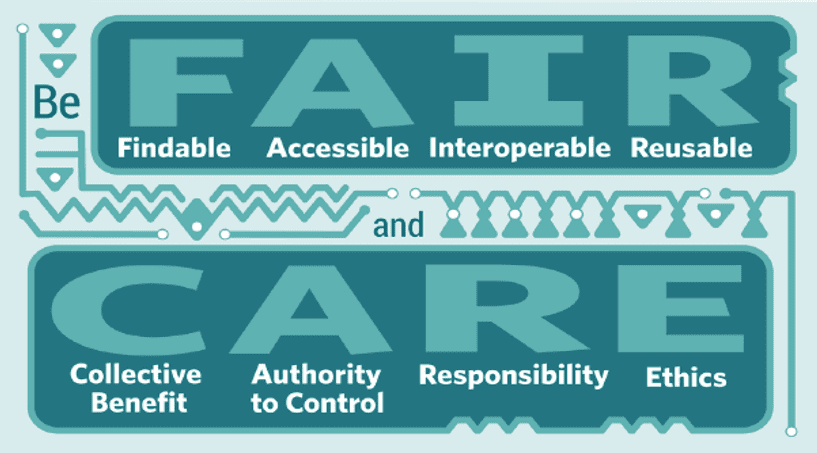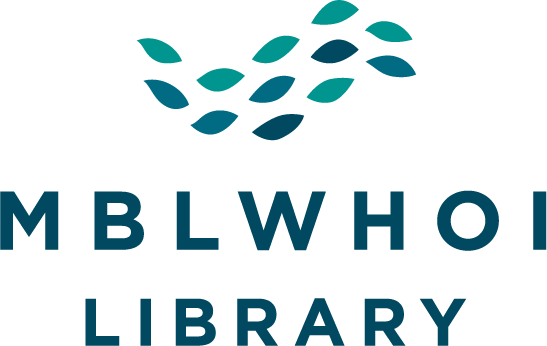Beyond Access: Caring for the Knowledge We Share – Open Access Week 2025

Every October, libraries, researchers, and institutions around the world celebrate International Open Access Week, reminding us to think about how we share knowledge and who gets to access it. This year’s theme, “Who Owns Our Knowledge?”, feels especially timely. It asks how, in a time of disruption, communities can take back control over the knowledge they create.
Open access started as a movement to make scholarly research freely available, breaking down paywalls restricting information to only those who could afford it. Even with these efforts, openness alone doesn’t guarantee equity. Freely available knowledge can still be misused, misinterpreted, or taken out of its original context. This year’s theme invites us to look beyond access and consider ownership, agency, and accountability.
While ownership is a key question that emerges in open access conversations, it’s also a part of broader conversations about how knowledge is shared and who it serves. Developed by Indigenous scholars and advocates, the CARE Principles for Indigenous Data Governance were created in response to a long history of data being collected about Indigenous communities without their involvement or consent. The CARE framework centers respect, consent, and community benefit in the way knowledge is shared.
CARE stands for Collective Benefit, Authority to Control, Responsibility, and Ethics. It complements the FAIR data principles by focusing on people and purpose.
Collective Benefit asks whether data sharing helps the communities it comes from.
Authority to Control ensures communities retain power over how their knowledge is used.
Responsibility asks data stewards to handle knowledge with care and awareness.
Ethics reminds us that “open” doesn’t mean free from context or consent.
For those working in Earth and environmental science, these principles are starting to shape how repositories approach data stewardship and collaboration (see O’Brien et al., Data Science Journal (2024)). For libraries and archives, these questions come up often. How do we make knowledge accessible while still honoring the people and context it represents?
Open Access Week is a good time to ask what openness really means. Access is only part of the picture – the rest is making sure it actually empowers communities and individuals instead of taking from them. True openness isn’t just about putting things online; it’s about how knowledge moves, who it reaches, and who gets a say in how it’s used. Ultimately, the question “Who owns our knowledge?” challenges us to rethink what access looks like when fairness and respect are part of the goal. As we think about ownership, let’s not forget care.
